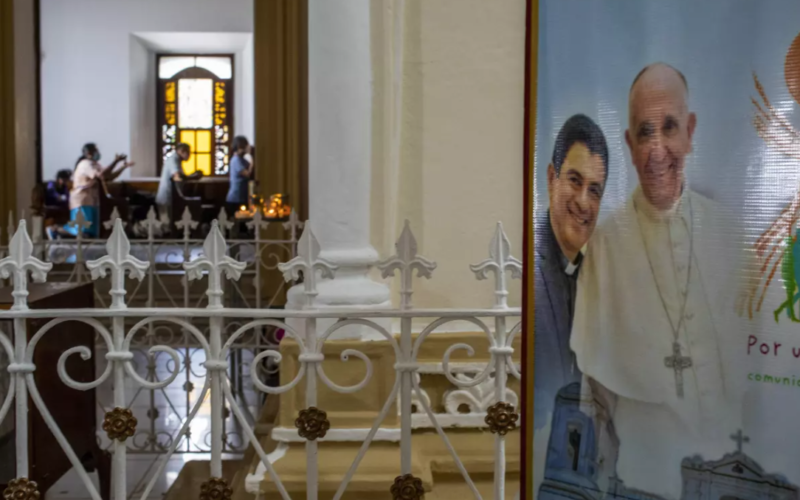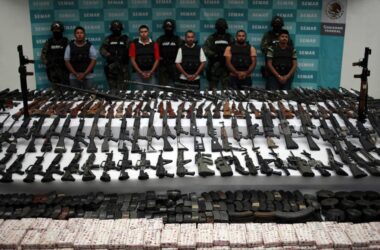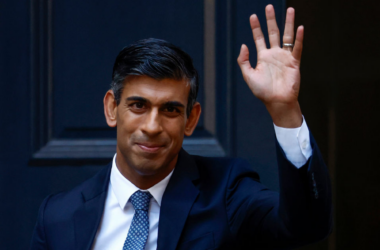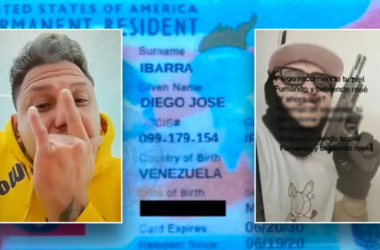The government of Nicaragua has released a dozen Catholic priests who were detained on various charges, and they have now been sent to Rome following negotiations between the Nicaraguan authorities and the Vatican. This decision demonstrates a commitment to finding peaceful solutions amid ongoing tensions.
The recent release of these Catholic priests signifies a positive step toward reconciliation and resolution in Nicaragua. President Daniel Ortega, a long-standing leftist leader who has held power in the country since 2006, has been dealing with a surge in opposition and protests since 2018. The initial trigger for these mass protests was the government’s social security cuts, which ignited widespread anti-government demonstrations.
Ortega has maintained that the Catholic Church played a role in supporting and even encouraging these protests, which he deemed an attempt to overthrow his government. Consequently, he initiated a crackdown on Catholic clergy and institutions affiliated with the church this year.
This latest move to release imprisoned priests and send them to Rome is a notable development that reflects the commitment of both the Nicaraguan government and the Vatican to find peaceful resolutions to the ongoing tensions in the country. Nicaragua’s leadership, while previously accusing church leaders of attempting to undermine the government, has recently escalated its actions against Catholic clergy, including arresting priests and leveling accusations of treason and other offenses.
The Nicaraguan clergy has also reported instances of government surveillance during church services and incidents of physical assault. These concerns, coupled with the broader context of political unrest and governmental crackdowns, have created a challenging environment for religious leaders and institutions in the country.
The release of the detained priests is seen as a positive step forward in addressing these issues. The Catholic Church plays a significant role in the lives of many Nicaraguans, and its leaders have worked to mediate conflicts and promote peace in the country. By releasing these priests and allowing them to return to Rome, the government is signaling a willingness to engage in dialogue and seek peaceful solutions.
As Nicaragua navigates a complex political landscape, the release of these priests offers hope for reconciliation and resolution. The international community will be watching closely to see how this positive development may contribute to stability and dialogue in the country.








